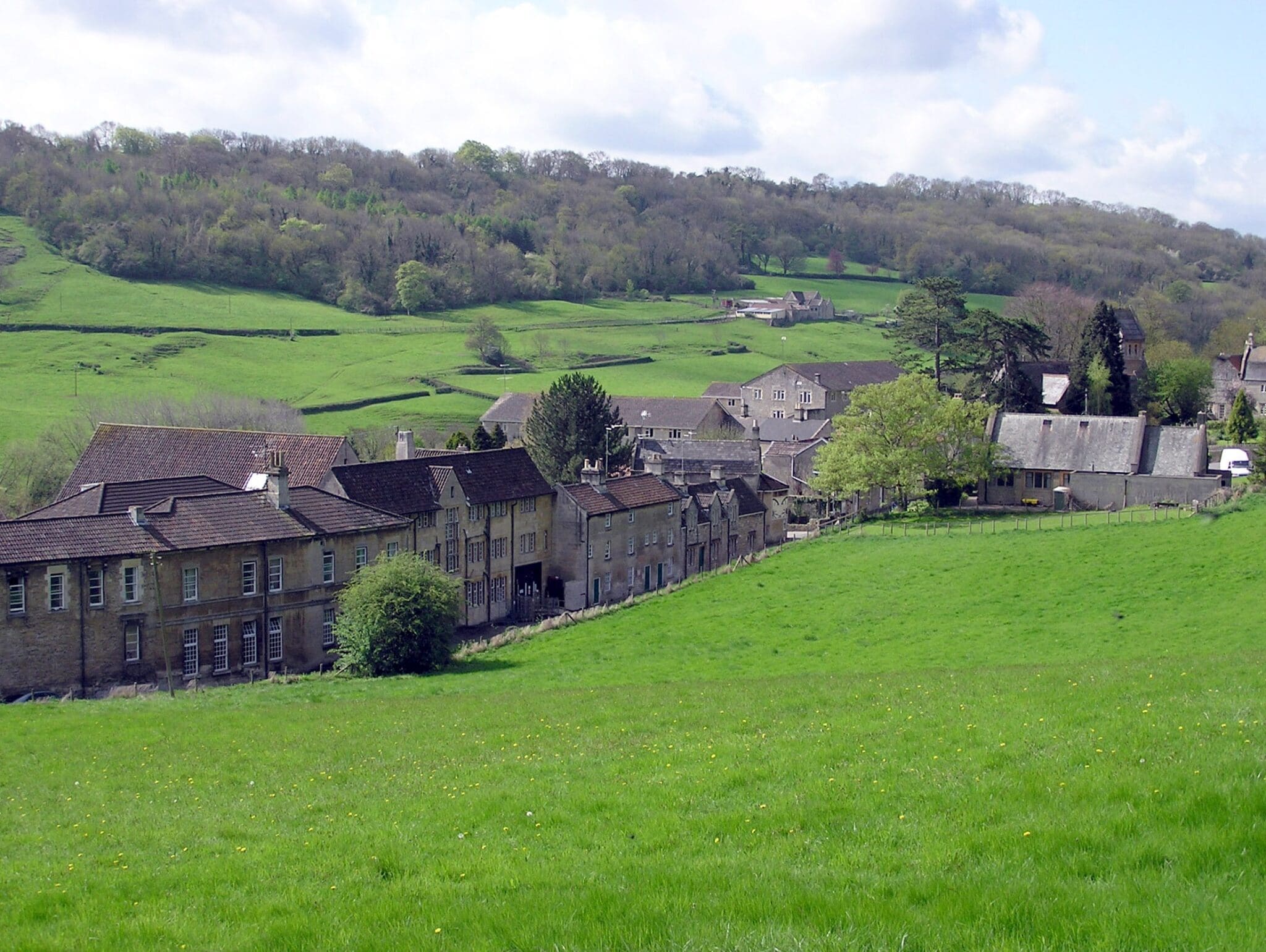How do you begin to tell the ones you love that you have decided to change the direction of your life? I tried to write an essay for Honi Soit and decided to drop out, or rather, to drop out of one of two degrees and completely refocus the other. Right now, I’m enrolled in Arts / Law, I will be recommencing my studies in semester two studying Arts alone, in pursuit of becoming an English teacher.
The faster an object moves, the greater the force required to divert it. We grapple with this law each time we tell ourselves: “I can’t stop doing x, I’ve already gotten so far.” We can only change course if we can break free of this momentum lock and the process by which mine was broken took a month, I did not notice it was happening. Everyone who has made a radical change of plans has a story to go with it and while theirs may be much more interesting than mine, the experience was nonetheless strikingly profound.
This is how I broke the lock: I spent this February traveling. I was exhausted and needed to extricate myself before returning to university and work. I hoped to spend my long hours in transit writing an essay for Honi. What you’re reading now is more or less that essay, though far morphed from what I had intended. The thesis was about memory – the way that I believed revisiting the geographic settings of childhood memories can form a gateway to experiencing childlike thought. I wanted to argue that these gateways were paths to the subconscious because the unicameral mind of a toddler has thoughts without the cluttering of verbalised, rationalised thoughts that we encounter once older.
The evidence I was using was my relationship with the English city of Bath. I lived there as a toddler for near three years from 2000 and made return trips in 2005, 2006, 2008 and 2017. My parents are English teachers. When we lived in Bath, they were on a teaching exchange at a school called Monkton Combe, in a village of the same name, on the city’s edge. I wasn’t visiting Bath on this February trip but it was weighing heavily on my mind. It was the perfect case study for my thesis; the city has a mythology in my mind, composed of colourful pigs, a flying fox, and a red and blue sword of plastic. The further back I dive into my memories of the city, spread across four return journeys, the more mesmeric and the less articulate these memories become. The nostalgic glimmer we give our oldest, fading memories has been rendered incredibly bright for Bath, as these memories are made more distinct by the thousands of miles I must traverse to unlock them.
As my February holiday progressed, I ran into trouble with figuring out the conclusion. I was spending weeks thinking about, and reliving memories from, my childhood, but I believed that because I wasn’t actually visiting Bath, I wouldn’t be able to prove my thesis correct. I couldn’t quite make sense of the memories, rationalise them. I wanted so badly to be in the physical space of that city and to have the wonders I felt there as a kid come jumping back out of the recesses of my memory how they had with each return visit. What I was failing to remember was that with each return visit, like a teenager first learning how addictions form with caffeine, that the effect would be lesser with every coffee, or every visit. Bath continued to hold its magic only because I wasn’t visiting. It was the moment that I realised this that I broke my moment lock and realised that I did not want to be a lawyer.
In a stupor on the Dutch coast I became fascinated by the realisation that once upon a time I was a boy in a village. I repeated to myself and to others, “I was a boy in a village… I was a boy in a village.” This simple fact that I had known my entire life seemed startling new, not because I had visited that village once again but because, by removing myself from Sydney and the hallmarks of my day-to-day life, I had envisaged another life, if only for a month, more closely aligned with what I desired than I had in the years I had lived in Sydney since leaving high school. I had, by trying to rationalise my childhood memories in an essay, attempted to do to those memories exactly what would have happened if I had visited the city – sterilise them and strip them of their majesty.
The longings of my subconscious thought, which I believed would be unlocked by the physical places of my memories, were revealed instead in my inability to verbalise my longing for Monkton Combe. Removed from Sydney, I understood the unhappiness of my life there; out of reach of Bath, I realised that what I longed for so deeply was not a physical place, but a life lived – A life of calm, of teaching and learning, of travel and a comfortable home. I longed to be a boy in a village. I felt, for once, an incredible certainty, which I continue to feel as I write, that I was returning to Monkton Combe.
I imagine that I will return to the physical Monkton in the future. When I do, I’m sure it won’t be the place of my memory, and yet I will be certain the idea of Monkton Combe, the life it represents, will remain worth chasing. By meditating on my childhood, isolated by travel, I could answer so clearly the question of what I want to be when I grow up: a teacher.
I was a boy in a village,
I lived in a school.
I left the village to be a lawyer,
But I returned to be a teacher.





